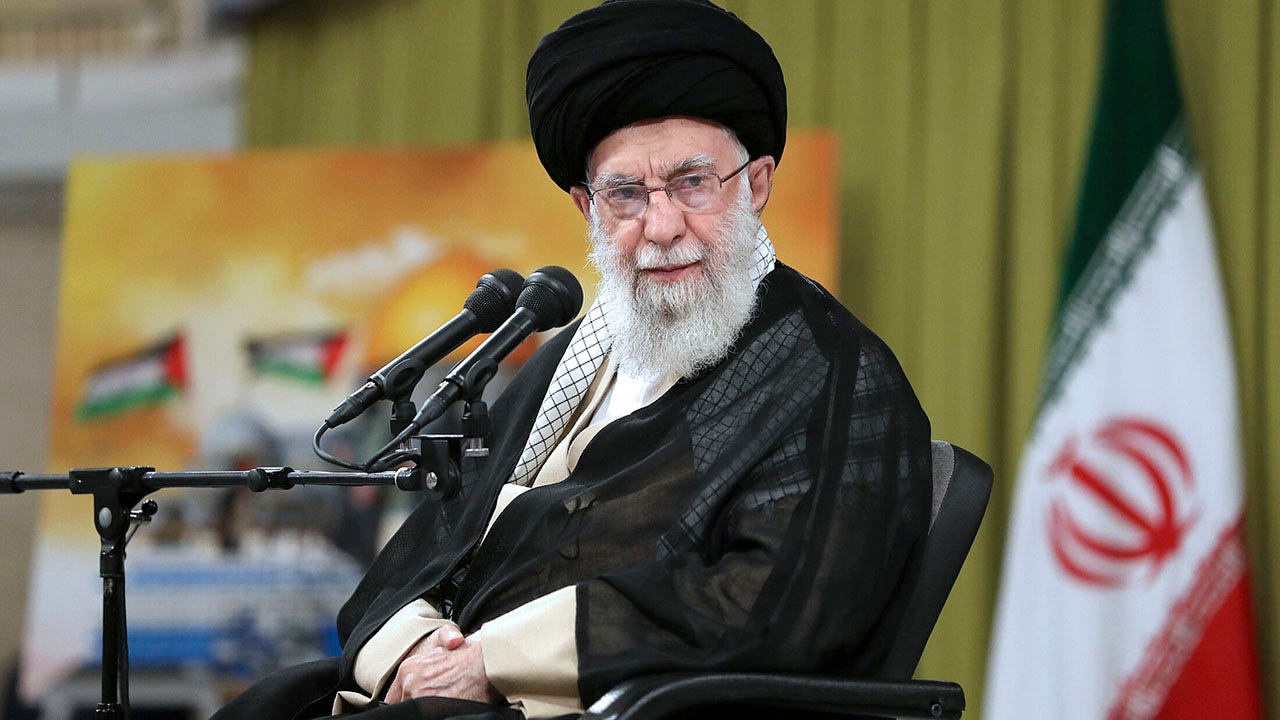A powerful earthquake hit western Japan on Monday, triggering tsunami warnings and evacuation orders in several prefectures, trapping people under collapsed buildings and disrupting electricity and mobile phone services in Ishikawa Prefecture, the epicenter of the quake, officials and Japan’s public broadcaster said.
The quake struck the Noto peninsula at around 4:10 p.m. and had a magnitude of 7.6 on the Japanese seismic intensity scale, the Japan Meteorological Agency said. According to the United States Geological Survey, the earthquake measured 7.5 magnitude.
It was much weaker than the 8.9 magnitude earthquake that struck Japan in 2011, caused a tsunami that killed thousands and triggered a nuclear crisis at the Fukushima power plant.
The police were responding to calls from residents reporting collapsed buildings and people trapped beneath them. Japan’s chief cabinet secretary, Yoshimasa Hayashi, said that there were at least six cases of people trapped under rubble in Ishikawa, but he could not say how many people were involved or give details about their injuries.
Here is what else to know:
-
The Japan Meteorological Agency said the quake on Monday had a very shallow depth, which tends to make earthquakes more dangerous, but initial reports from the authorities in Ishikawa Prefecture suggested that there had been no major damage to “important facilities.”
-
The meteorological agency initially issued a major tsunami warning and said waves could reach as high as five meters, or 16 feet, in the Noto Peninsula facing the Japan Sea, ordering residents to leave for higher ground immediately. Japan’s government downgraded the warning several hours later across several prefectures on the western coast and said the greatest expected height of the waves was three meters, or about 10 feet.
-
An official from Japan’s Nuclear Regulatory Agency said that there were no signs of abnormalities at any radioactivity monitoring stations at the Shika nuclear power plant in Ishikawa, on Japan’s western coast. Mr. Hayashi said that a fire had broken out at a transformer at the plant, but was extinguished.
-
The meteorological agency warned that aftershocks and tsunamis could continue for up to a week and advised residents to be on guard for at least two or three days.





